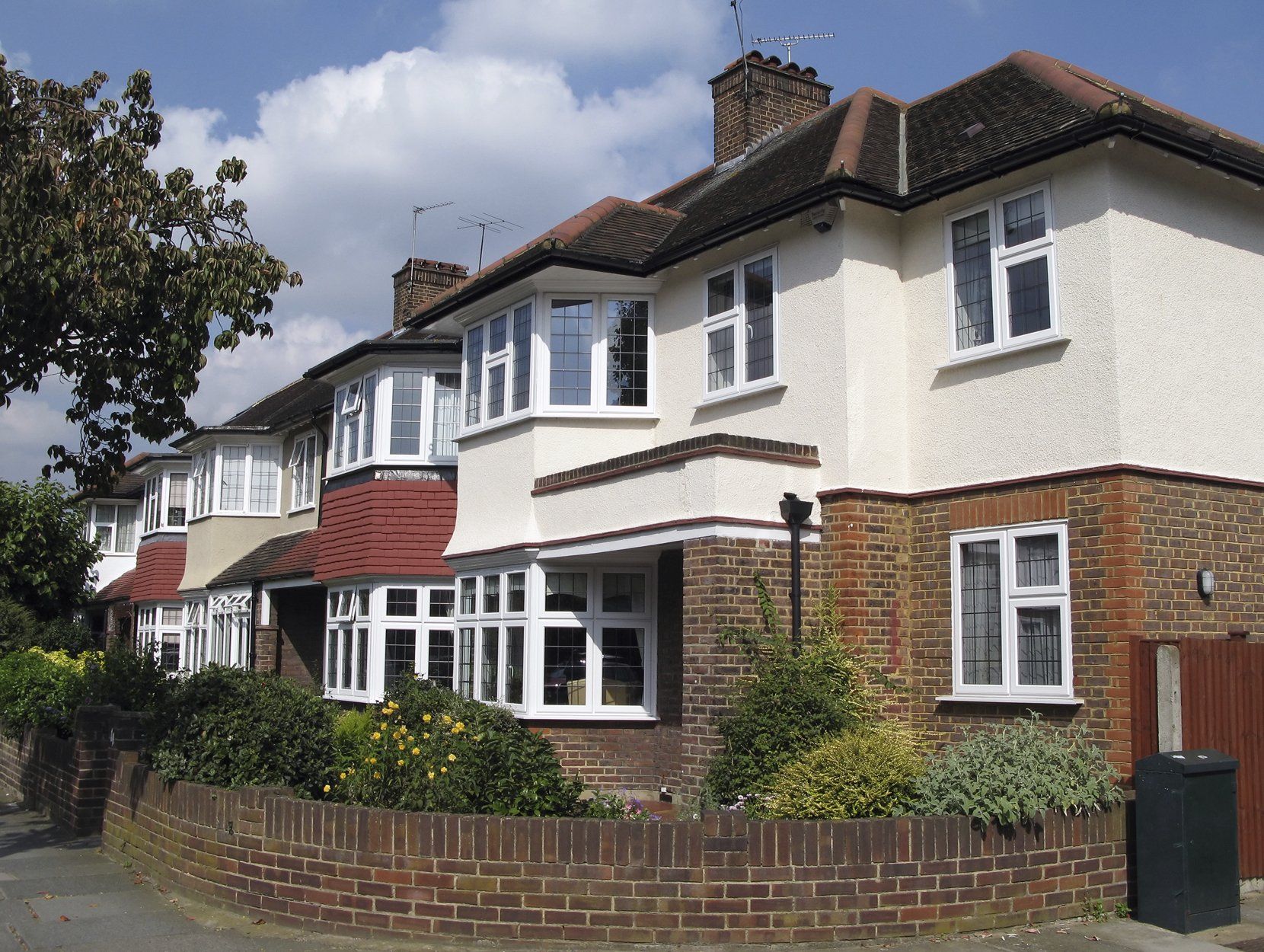The Housing Ombudsman referral guide

Thank
you for contacting MLA Solicitors
regarding your housing matter,
unfortunately we have been unable to help you at this time, however, you should
now contact The Housing Ombudsman
as they may be able to help. If you
are unable to resolve your complaint through your landlord’s complaints
procedure, you can refer your complaint to The Housing Ombudsman.
From April 2013, The Housing Ombudsman took over responsibility for all new complaints about social housing. Unless stated otherwise, The Housing Ombudsman considers complaints about housing associations and local housing authorities.
Please see below a list of complaints that are referred and dealt with by The Housing Ombudsman, currently:
Leasehold services
- Shared ownership and sales processes for leasehold properties
- Shared ownership stair-casing
- Full ownership and sales processes for leasehold properties owned by housing associations
- Right to buy and right to acquire for tenants of housing associations
- Repair responsibilities under the lease
- Mortgage rescue schemes
- Leasehold services provided by the landlord
Moving to a property
- Transfer applications that are outside Housing Act 1996 Part 6
- Type of tenancy offered
- Mutual exchange
- Decision to renew a fixed tenancy
- Decants
- Mobility Schemes
Rent and service charges
- Rent or service charges
Occupancy rights
- Terms and conditions of occupancy rights
- Succession
- Assignment
- Ending a tenancy (e.g., notice periods)
- Abandonment of property
- Possession proceedings
Property condition – repairs and improvements
- Condition of the property when first let (e.g., void works)
- Responsive repairs
- Planned maintenance or cyclical works
- Improvement works carried out by landlord or tenant
- Rechargeable repairs
- Disabled adaptations
Tenant behaviour
- Anti-social behaviour
- Noise nuisance
- Harassment
Estate management
- Cleaning or repairs of communal areas
- Boundary issues
- Grounds maintenance
- Parking
- Use of communal areas
Complaint handling
- The landlord’s handling of a complaint in their complaint process, including delays
Compensation
- Home loss or disturbance payments
- Improvements carried out by the tenant
- Payment for damage to property or tenants’ belongings
- Discretionary payments
Once The Housing Ombudsman receive your complaint, they may:
- Refer the case to a different organisation if it is an issue, if they cannot make a decision about because it is not in their jurisdiction
- Work with you and your landlord to resolve the dispute under our mediation procedure. For example, they use their experience of resolving complaints to make suggestions to the landlord and/or the resident if they believe there is a way to resolve the complaint
- Carry out an investigation; they only do this for those complaints where they decide an investigation is proportionate to the circumstances and evidence before them, for example complex complaints involving many issues.
You can contact The Housing Ombudsman by visiting https://www.housing-ombudsman.org.uk/ or calling 0300 111 3000 between the hours of 9:15am to 5:15pm, Monday to Friday.
Please feel free to come back to us if the complaint is ongoing after
this step and needs legal attention. If you have any questions, please call
0800 610 2223 or email info@mlasolicitors.co.uk.
Contact Us
We will get back to you as soon as possible.
Please try again later.








PLEASE NOTE: MLA Solicitors operates a zero-tolerance policy at all times. With this, any behavior our employees deem abusive, harassing or intimidating in any way (whether written, verbal or otherwise) and that is incurred from clients at any stage in their claim will result in their retainer being cancelled indefinitely and with immediate effect.

MLA Solicitors' Complaints Process
If you become unhappy or concerned about our services, we have included details of our complaints process here.
Business Hours
- Mon - Fri
- -
- Sat - Sun
- Closed
t:
0161 713 0399
e: info@mlasolicitors.co.uk

